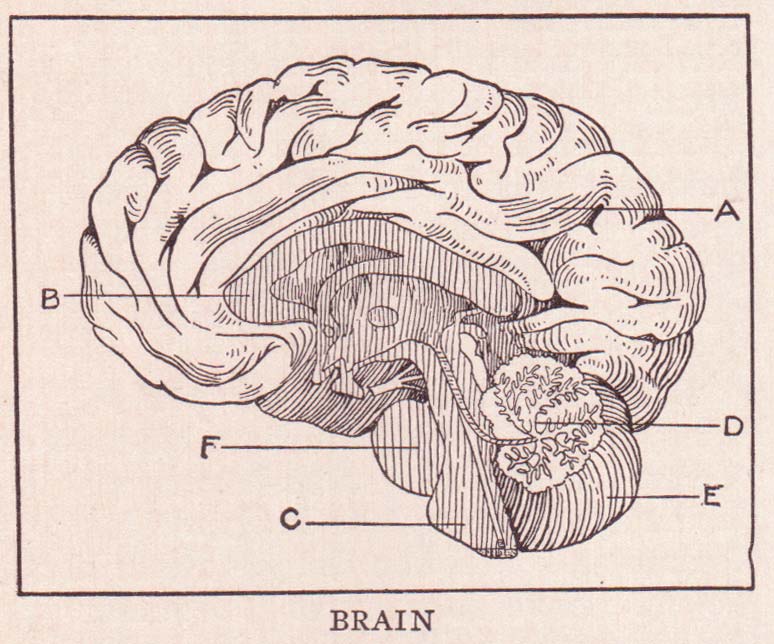
Scientists from the University of Texas at Dallas found that performing mentally challenging activities can improve cognitive function and sharpen the brain. When the brain is met with something unfamiliar, it is forced to adapt and expand in order to accommodate new knowledge. In a sense, the brain behaves like a muscle you can train and strengthen. Moreover, higher brain activity helps lessen risk for degenerative neurological diseases like Alzheimer’s and dementia.
In recent years, studies have showed that learning programming is a great way to stimulate brain activity and enhance cognitive skills. What more, you get to learn a new skill that can translate to better career prospects and, often, better pay–computer programming jobs have a median salary of $74,280. Programs such as those offered by the Dallas Coding Academy allow you to learn coding for much less than it would cost for a college degree.
Here are 3 ways coding can improve boost your brain’s performance.
Activates The Brain’s Learning Centers

Can Computer Programming Boost Your Brain Power?
In the same way a new sport recruits new muscles, learning a new skill forms new neural connections and activates parts of the brain associated with learning. According to Dr. Janet Siegmund, one of the world’s leading experts in empirical software engineering, coding activates five distinct brain regions associated with language processing, attention, and working memory. Additional studies have shown that programmers who code regularly have higher activity in parts of the brain associated with both math and language.
Learning coding helps you become more adept in the art of learning. Because it is such a complex and multifaceted skill, it can help strengthen connections between the different parts of the brain and build up the brain’s capacity to learn.
Builds New Neural Pathways And Reinforces Old Ones

Why Practice Actually Makes Perfect: How to Rewire Your Brain for Better Performance
As mentioned earlier, coding recruits multiple areas in the brain. When these areas are activated, the brain builds new connections and new neural pathways. When these areas are used regularly, the connections that exist between them are strengthened and reinforced–almost similar to how doing a repetitive motion builds muscle memory.
This improves the way your brain responds to stimuli and processes information. Programmers have been proven to have more active brains in several areas–a factor that results in better cognitive performance and alertness.
Improves Memory And Cognitive Skills

The Real Benefits of Knowing How to Code
People from all backgrounds–including middle aged professionals between 40 and 50–are capable of learning to code. For the younger generation, coding is a means to technology related work; for those already established in a particular field, it can be a valuable asset that can translate to several fields.
Regardless of age, coding can help build your cognitive skills and improve your memory. Studies show that people who performed mentally engaging tasks on a regular basis reported better memory and cognitive function.
Anyone can learn how to code and, frankly, everyone should at least try. While learning coding needs a form of training, people can learn to code even sans a degree in computer science. Those willing to learn can pick up different programming languages by enrolling in a coding school.
Train your brain and get into programming. It’ll pay off regardless of what profession you’re already in.




